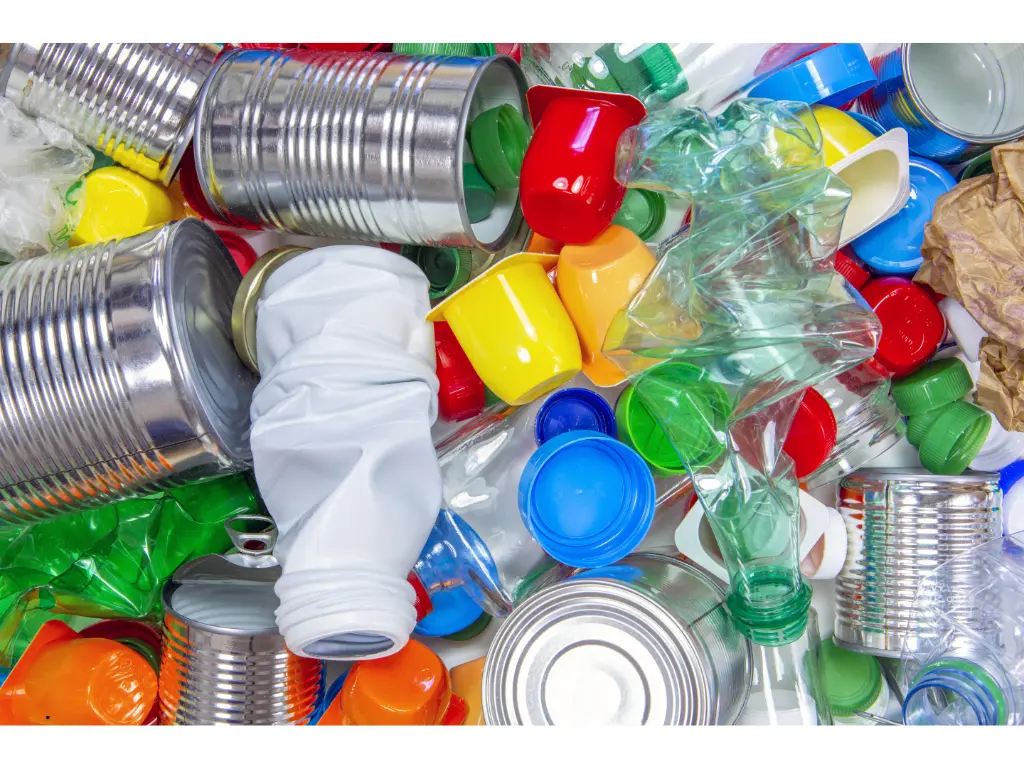

Reference source : Secretaria de Turismo Ambiente y Deportes
Circular Economy Latin America Non-Hazardous Waste Basel Convention Recovered Materials Import Procedures Export Procedures Transit Procedures Waste Management Regulation Waste Reduction
Argentina has introduced a new regulatory framework for managing the import, export, and transit of recycled non-hazardous waste. The new measures, outlined in Resolution 393/2025, are aimed at protecting the environment, ensuring compliance with international waste management treaties, and advancing the country’s circular economy.
The resolution is based on Decree 1/2025, which establishes guidelines for the handling of non-hazardous waste, specifically materials that have undergone a recovery process to be used as inputs for industrial processes or as direct-use products. These materials must meet strict environmental standards, and the resolution creates clear procedures to regulate their movement across Argentina’s borders.
Structure of the Regulation
Resolution 393/2025 includes four annexes. Annex IV defines the eligible non-hazardous recovered materials, while Annexes I, II and III outline the procedures for import, transit and export. All applications must be submitted through the Trámites a Distancia (TAD) platform and undergo technical evaluations, customs checks and compliance reviews.
The Basel Convention plays a central role in this framework, ensuring that materials moving across borders meet international environmental standards. In addition, all documents will be validated through Argentina's Single Window for Foreign Trade (VUCEA) and Malvina system to streamline processing and ensure robust oversight.
Annex I - Import Procedures (365 Day Authorisation)
To import non-hazardous waste, businesses must submit a sworn declaration through the TAD platform, detailing the material’s origin, composition, recovery process, intended use, and confirmation of its non-hazardous status. The Dirección Nacional de Residuos (National Waste Directorate) will assess whether the waste matches the list in Annex IV and complies with both national and international regulations. If approved, the Subsecretary of Environment will issue an authorisation valid for 365 days.
Annex II - Transit Procedures (90-Day Authorisation per Shipment)
For materials transiting Argentina en route to a third country, exporters must file a similar declaration outlining the shipment's route, estimated quantities, transport companies, and insurance details. Proof that the destination country permits the importation is also required. Transit permits are valid for 90 days, and each shipment must be treated individually.
Annex III - Export Procedures (365-Day Authorization)
Exporters must provide detailed documentation on the waste's origin, recovery process, and destination. They must also demonstrate that the material is not classified as hazardous under the Basel Convention or is recognised as raw material by the importing country. If no objections are raised within 10 working days, the export is automatically authorised, and the permit remains valid for 365 days.
Annex IV - List of Non-Hazardous Wastes
This annex defines what types of materials are considered non-hazardous. These include:
The annex excludes materials such as fluorinated plastics, e-waste, and any contaminated materials or waste treated with hazardous chemicals. It also provides flexibility for updating the list based on new scientific evidence or regulations.
Compliance and Oversight
The Subsecretary of Environment has been tasked with overseeing the compliance process. Should discrepancies arise—such as a mismatch between declared and actual materials—the goods must be returned to their country of origin within 30 days at the importer's expense. In case of repeated violations, businesses may face bans on applying for new permits for up to one year.
The TAD platform and VUCEA system ensure that all trade movements are tracked electronically, improving the efficiency of processing and reducing administrative delays. The new regulations aim to streamline operations while ensuring that waste management practices meet both Argentina's environmental standards and international obligations.
The resolution also enhances international collaboration in the management of cross-border waste. Argentina has committed to upholding its responsibilities under the Basel Convention and other international agreements, ensuring that non-hazardous waste is handled according to environmentally sound practices.
The government has stated that the new rules will foster Argentina’s circular economy, enabling the country to better manage recovered materials while minimizing environmental impact. For further details, you can consult the Resolution 393 (in Spanish) here.
If you want to access the GHS report, please Register here in GPC Intelligence Portal click here
